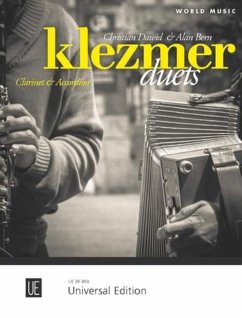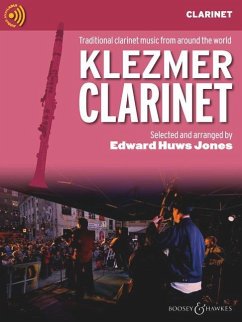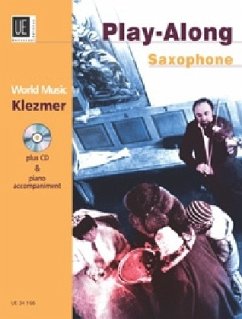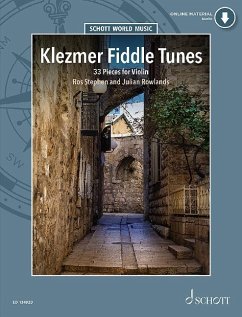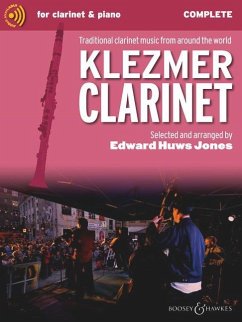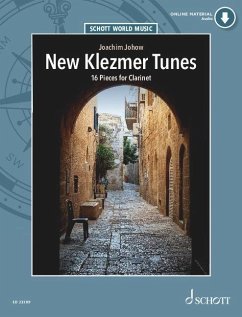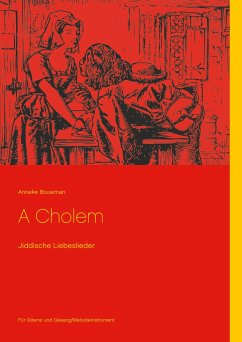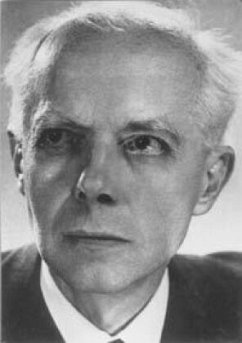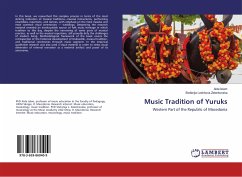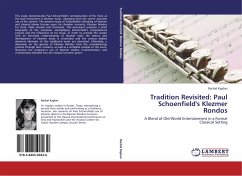
Tradition Revisited: Paul Schoenfield's Klezmer Rondos
A Blend of Old-World Entertainment in a Formal Classical Setting
Versandkostenfrei!
Versandfertig in 6-10 Tagen
32,99 €
inkl. MwSt.

PAYBACK Punkte
16 °P sammeln!
This study demonstrates Paul Schoenfield s reintroduction of the flute as the lead instrument in klezmer music, diverging from the recent exclusive use of the clarinet. The present study of Schoenfield s blending of klezmer and classical idioms focuses upon his chamber concerto, Klezmer Rondos for Flute, Male Vocalist and Orchestra. This document presents a brief biography of the composer exemplifying Schoenfield s compositional process and the influences on his music. In order to provide the reader with an informed understanding of klezmer style, the history and development of klezmer music i...
This study demonstrates Paul Schoenfield s reintroduction of the flute as the lead instrument in klezmer music, diverging from the recent exclusive use of the clarinet. The present study of Schoenfield s blending of klezmer and classical idioms focuses upon his chamber concerto, Klezmer Rondos for Flute, Male Vocalist and Orchestra. This document presents a brief biography of the composer exemplifying Schoenfield s compositional process and the influences on his music. In order to provide the reader with an informed understanding of klezmer style, the history and development of klezmer music is chronicled and the various stylistic elements idiomatic of this traditional music are described. Ultimately, a discussion on the genesis of Klezmer Rondos from the commissioning process through later revisions, as well as a complete analysis of the work, illustrates the composer s use of klezmer modes, ornamentation, and orchestration blended into the classical concerto genre.



